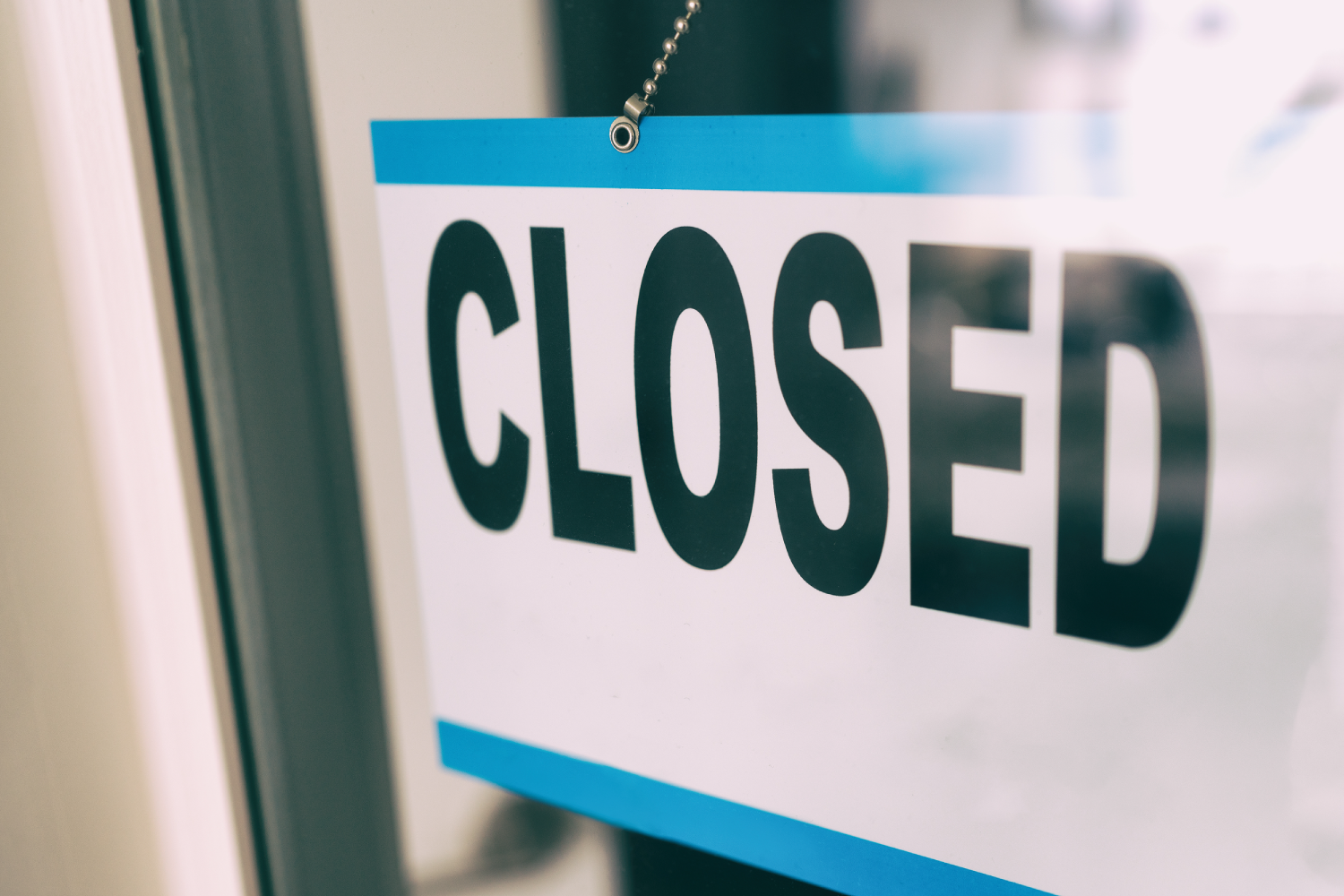Self-employed workers make up 57 million Americans, many of which have suffered greatly due to state restrictions and social distancing.
How to collect unemployment in your state – Traditionally not eligible for unemployment, Congress has included unemployment insurance to self-employed and independent contractors.
The bill extends unemployment benefits for 13 weeks, including an additional $600 a week on top of state unemployment benefits for up to four months. While this does not cover all, it will cover the majority of self-employed workers, including those who are sick and ordered to be quarantined.
How to get a small business loan – With low, and some no-interest loans available, it may be a good option to look into for small businesses. A line of credit may also be prudent even if you are not in need of cash flow currently.
Many counties, cities, and states are offering their own financial help programs. The National Governors Association has a list of websites to find resources by state. Also, check your local Small Business Development Center for potential programs.
How to handle your emergency funds – This certainly is an emergency, so go ahead and consider using those funds. Consider this once serious cuts to your expenses have been made.
“Finally, the CARES Act includes $349 million for the U.S. Small Business Administration (SBA) to guarantee loans through its 7(a) loan program. The SBA is also offering Economic Injury Disaster Loans for qualifying small businesses. These are low-interest loans with terms potentially as long as 30 years for small businesses and nonprofits. You can apply for an SBA loan through its site.”
Want more information on this subject?
Register for Tuesday’s webinar at 3 pm, where Greg Clement and Jeff Watson will bring clarity to the stimulus package, how it affects every single person in the real estate industry, and how you can take advantage of it.
